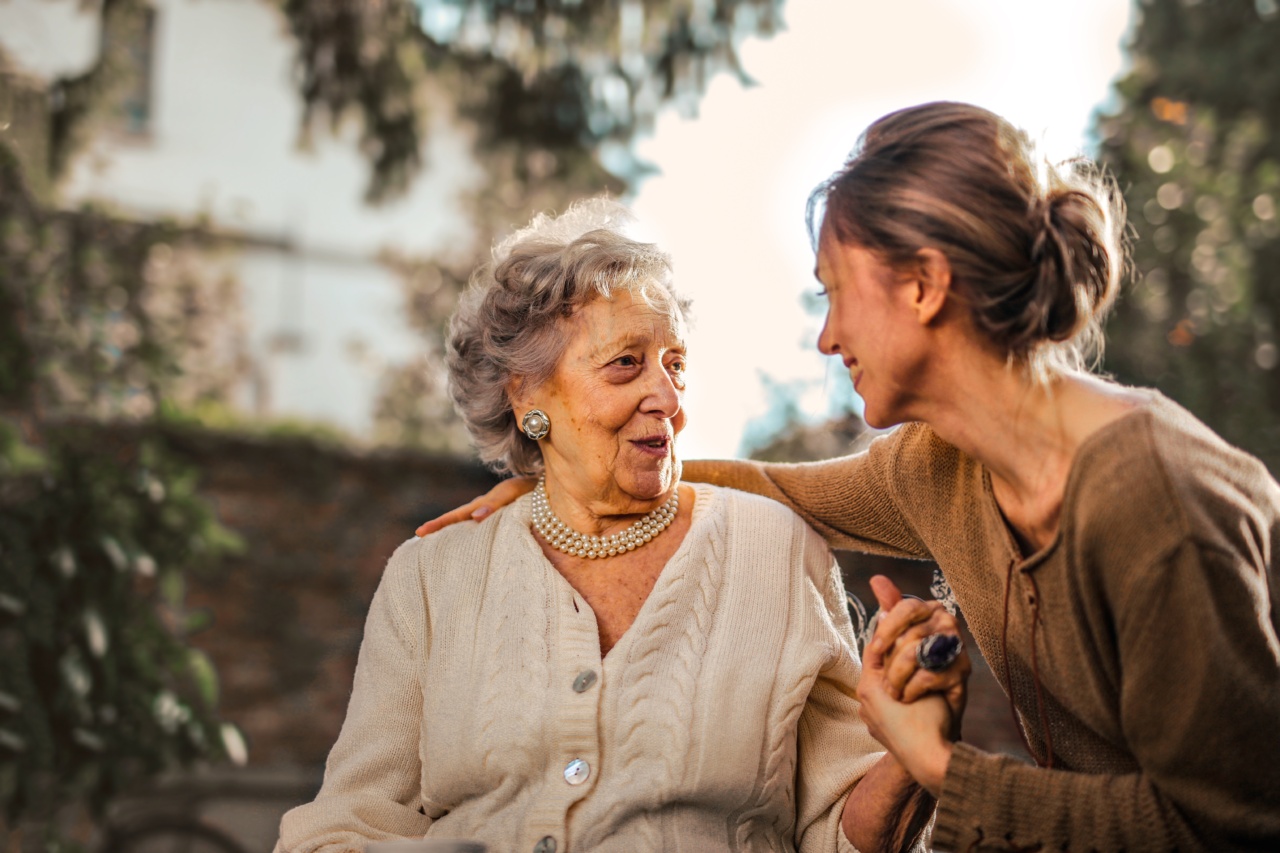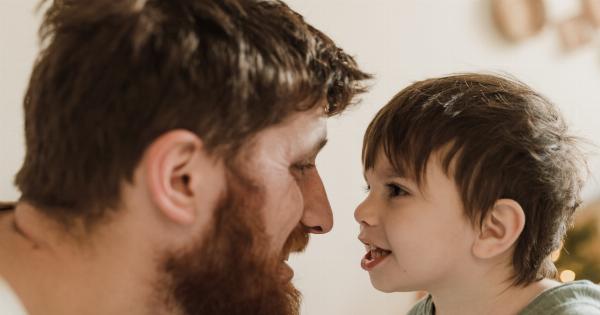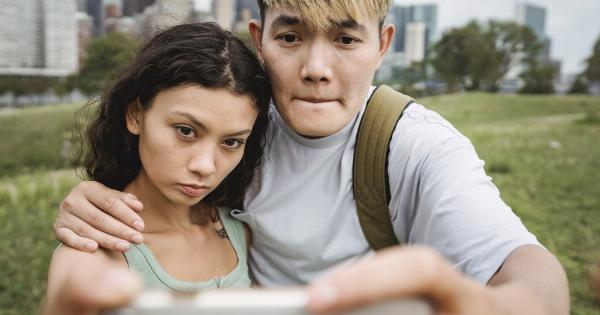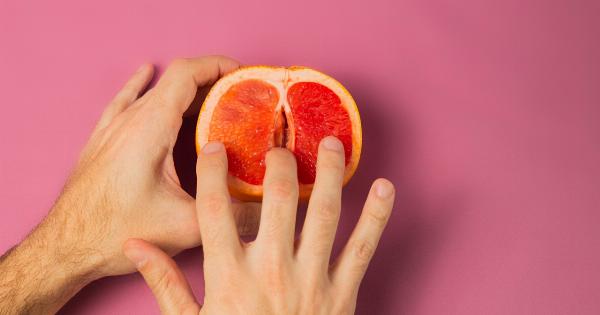Stereotyping is a common phenomenon that humans engage in, often without even realizing it. It involves making generalizations about a group of people based on certain characteristics or attributes they share.
While stereotyping can be harmful and unfair, it is a product of the human brain’s natural tendency to categorize and make sense of the world around us. In this article, we will delve into the reasons behind why people stereotype others and explore the impact it has on individuals and society as a whole.
The Need for Cognitive Efficiency
One of the main reasons why people stereotype others is due to the brain’s innate need for cognitive efficiency.
Our brains constantly receive an overwhelming amount of information from our environment, and in order to process and make sense of this information, we rely on cognitive shortcuts. Stereotypes act as mental shortcuts, allowing us to quickly categorize individuals into groups based on shared characteristics, which helps save mental effort and allows us to make quick judgments.
Social Categorization and Group Identity
Humans have a natural tendency to categorize everything, including people. Social categorization is a cognitive process that helps us organize information about others based on their perceived group membership.
By classifying individuals into different groups, we develop a sense of group identity and belonging. Stereotyping is often a byproduct of this categorization process, where we assume that all members of a group possess certain traits or behaviors based on the characteristics of a few individuals.
Copying Behaviors and Cultural Influences
Another reason for stereotyping is the tendency to imitate behaviors and beliefs of others within our social groups. We often learn stereotypes from our family, friends, and society as a whole.
Social learning theory suggests that children observe and mimic the behaviors and attitudes of their parents and significant others, including their stereotypes. Additionally, the media plays a significant role in perpetuating stereotypes by portraying certain groups in specific ways, which further reinforces preconceived notions.
Need for Predictability and Control
Humans have an inherent desire for predictability and control in their lives. Stereotyping provides a sense of predictability by assuming that individuals from a certain group will behave in a particular way.
These assumptions, however, oversimplify the complex individual differences within a group and may lead to unfair treatment and discrimination. Nonetheless, the need for control and predictability drives people to engage in stereotyping as a way to simplify their understanding of others.
Fear and Prejudice
Another significant factor contributing to stereotyping is fear. People often develop stereotypes as a means of protecting themselves from potential threats.
By categorizing others into certain groups, individuals establish mental boundaries that serve as defense mechanisms. These boundaries help create a sense of familiarity and safety within their own group, while simultaneously fostering biases and prejudice towards those who are perceived as different or unfamiliar.
Confirmation Bias and Cognitive Dissonance
Confirmation bias plays a crucial role in the perpetuation of stereotypes. Once individuals develop a stereotype, they tend to seek out information that confirms their preconceived notions while disregarding or minimizing contradictory evidence.
This cognitive bias not only reinforces existing stereotypes but also contributes to the formation of new stereotypes.
Moreover, the discomfort caused by inconsistency between our beliefs and reality, known as cognitive dissonance, can lead individuals to adhere to their stereotypes even more strongly, further intensifying the impact of stereotyping on social interactions.
Ingroup and Outgroup Bias
Stereotyping often arises from ingroup and outgroup biases. Ingroups are social groups to which individuals identify and feel a sense of belonging, while outgroups are seen as different or unfamiliar.
Ingroup bias refers to the tendency to favor one’s own group over others, often leading to the formation of negative stereotypes towards outgroup members. This bias can create divisions and conflict between different groups, perpetuating discrimination and social inequalities.
Impact on Individuals and Society
The consequences of stereotyping can be detrimental on both the individual and societal levels. For individuals who are targeted by stereotypes, it can lead to a diminished sense of self-worth, increased stress, and limited opportunities.
Stereotypes can shape people’s perceptions, influence their behavior, and even become self-fulfilling prophecies, as individuals may internalize and conform to the expectations placed upon them.
Societally, stereotypes can reinforce inequalities by contributing to discrimination and prejudice. When individuals are unfairly judged based on their group membership, it hinders their social and economic progress and perpetuates social divisions.
Stereotypes also limit our ability to truly understand and appreciate the diversity that exists within different groups, as they propagate simplistic and often inaccurate beliefs about entire communities of people.
Challenging Stereotypes and Promoting Understanding
While it can be challenging to overcome our natural tendency to stereotype, it is essential for individuals and society as a whole to actively work towards challenging and debunking stereotypes. Here are some strategies that can help:.
1. Education and Awareness
Improving education and raising awareness about stereotypes and their negative consequences can aid in dispelling commonly held beliefs.
By providing accurate information about different groups and highlighting their diversity, we can counter the simplistic narratives often associated with stereotypes.
2. Promoting Intergroup Contact
Interacting with individuals from different groups has been shown to reduce prejudiced attitudes and stereotypes.
Encouraging meaningful contact between diverse groups fosters empathy, understanding, and challenges preconceived notions, leading to more positive intergroup relations.
3. Media Representation
The media plays a significant role in shaping societal perceptions and stereotypes. Increasing diverse and accurate representation in the media can not only challenge existing stereotypes but also promote inclusivity and understanding.
4. Individual Reflection
Encouraging individuals to reflect on their own biases and stereotypes can be a powerful way to foster personal growth and develop a more inclusive perspective.
Engaging in self-reflection allows individuals to recognize and challenge their own assumptions and beliefs.
5. Encouraging Critical Thinking
Promoting critical thinking skills can help individuals evaluate and question the accuracy and fairness of stereotypes.
By encouraging people to think critically about the information they encounter, we can undermine the automatic and unconscious processes that contribute to stereotyping.
In conclusion, stereotypes are a result of the human brain’s natural tendency to categorize and simplify information. While they serve as cognitive shortcuts, stereotypes can have harmful consequences on individuals and society.
Understanding the psychological and social factors that contribute to stereotyping is crucial in fostering more inclusive and understanding communities. By challenging stereotypes and promoting empathy, we can work towards breaking down barriers and embracing the rich diversity that exists within our world.































